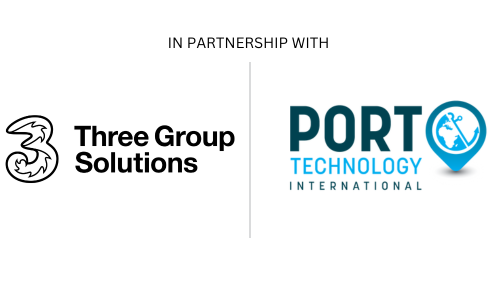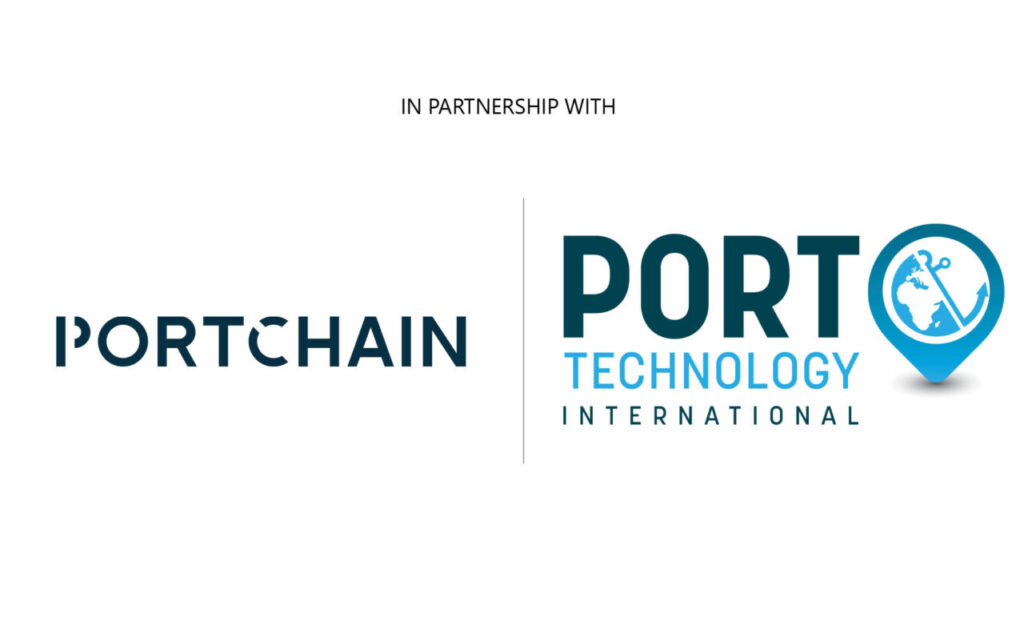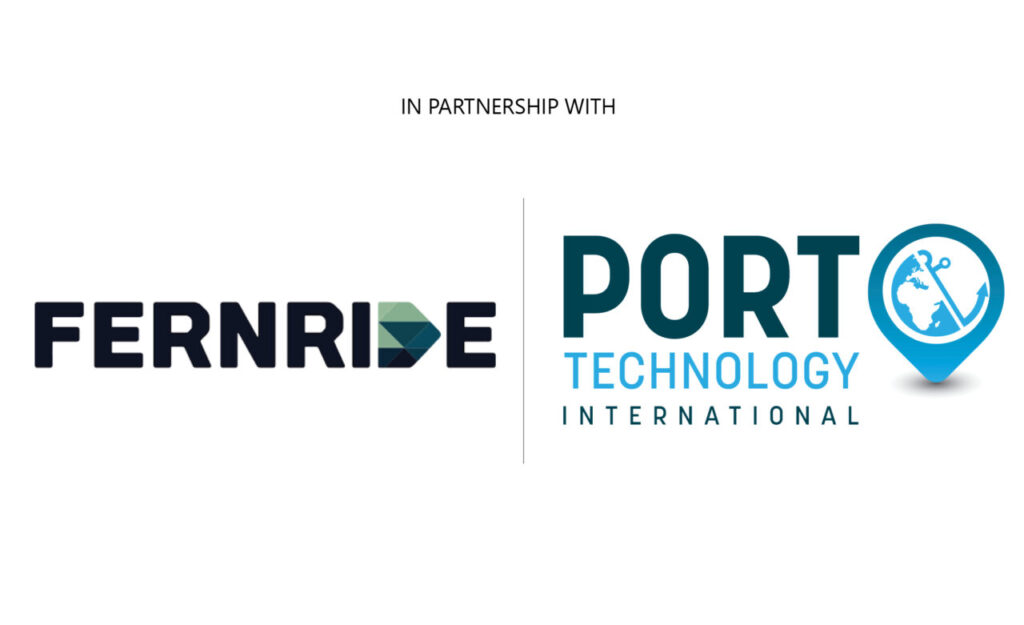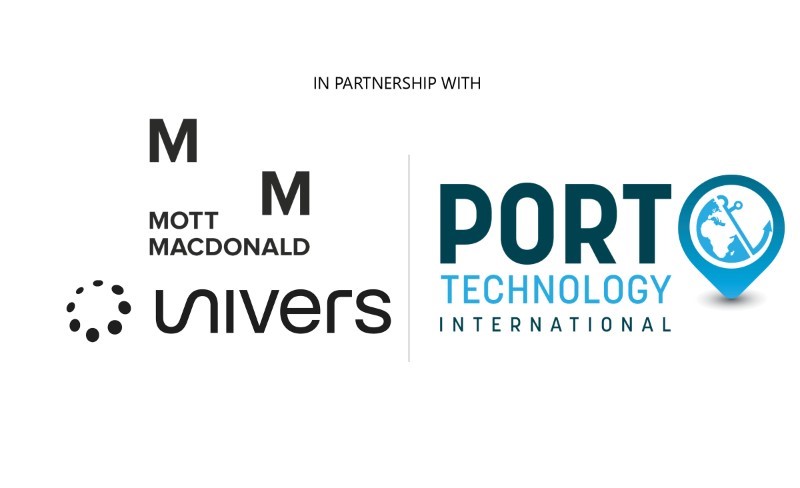Progress in the maritime technology sphere never stops and at PTI we offer webinars as an outlet for those who want to share, discuss and debate the latest developments in the ports and terminals industry.
PTI’s webinars bring you the newest emerging trends, debates and case studies from the world’s leading ports and terminals that focus on how they are keeping goods moving using new innovations and technologies. Previous hot topics included 5G, automation, digitalization, port-centric logistics and supply chain optimisation.
PTI’s webinar series have been attended by leading international ports and terminals and have enabled key figures in the industry to discuss important issues.
Participate as an attendee to join the discussion, learn valuable information, and ask questions directly to the webinar panel.
Sponsorship opportunities are available for a limited number of suppliers. Please click below for further information.



























